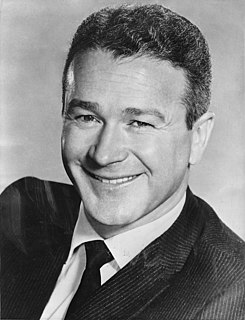A Quote by Jane Smiley
'Lean on Pete' is the story of a boy and his horse, but it is never heart-warming - it ranges in tone from desperate to merely painful - and, while fascinating, it is never entertaining or redemptive. But if you want an unadorned portrait of American life (at least in some places) at the beginning of the 21st century, this is the book for you.
Related Quotes
If your subject is crime, then you know at least that you're going to have a real story. If your subject is the maturing of a college boy, you may never stumble across a story while you're telling that. But if your story is a college boy dead in his dorm room, you know there's a story in there, someplace.
Repression is good for cultural achievement. Let's face it. What are gay boys going to be like? I always like to say the 19th-century gay boy was Oscar Wilde, the 20th-century gay boy was Stonewall and ACT UP. And in the 21st century, we have blocking people on Grindr. That's what we've accomplished. Without some kind of traction.
Misha's importance and distinctiveness are beginning to be noticed, there's beginning to be some kind of rip-tide here that will soon become a wave of recognition for a book that the world is beginning to catch up to... We weren't ready before. We'd better be ready now. Because it's the 21st century, any minute now, and that means that Misha's time has come. In more ways than one.
Each of us chooses the tone for telling his or her own story. I would like to choose the durable clarity of a platinum print, but nothing in my destiny possesses the luminosity. I live among diffuse shadings, veiled mysteries, uncertainties; the tone of telling my life is closer to that of a portrait in sepia.
Julio's Day is a story of one man's life, but it's a great more than that as well. It's the story of the life of a century, also told as if a day. Beginning with Julio's birth in 1900 and ending with his death in 2000, the graphic novel touches on most of the major events that shaped the 20th century.
'The Marriage of Souls', like 'The Rationalist', is an exploration of humanist philosophy wrapped between the delicate leaves of an eighteenth-century tale. The story of the two novels - and they should be read as a two-volume work - centres around the old war-horse of boy meets girl, boy loses girl, boy finds girl. But what a boy and what a girl.
No one accuses the Gunner of maudlin affection for anything except his beasts and his weapons. He hasn't the time. He serves at least three jealous gods—his horse and all its saddlery and harness; his gun, whose least detail of efficiency is more important than men's lives; and, when these have been attended to, the never-ending mystery of his art commands him.
The century would seek to dominate nature as it had never been dominated, would attack the idea of war, poverty and natural catastrophe as never before. The century would create death, devastation and pollution as never before. Yet the century was now attached to the idea that man must take his conception of life out to the stars.







































